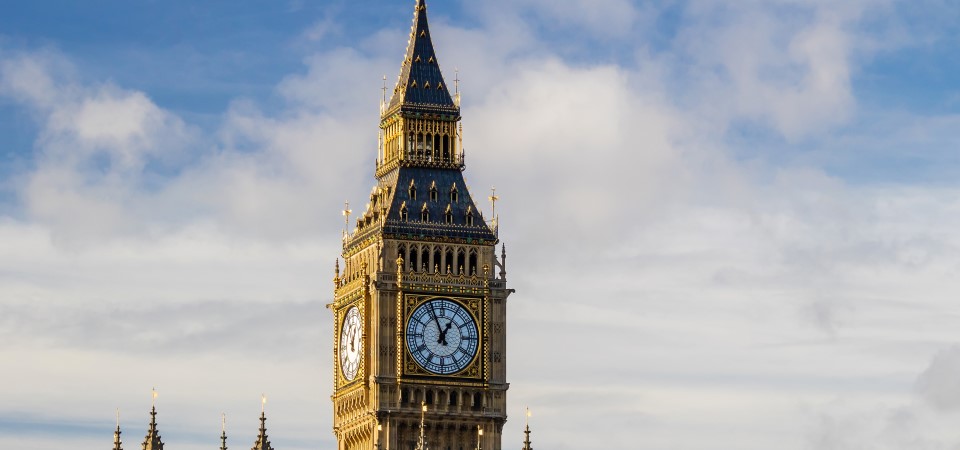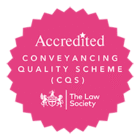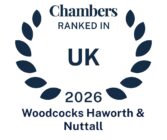Proposals set out by the Family Procedure Rule Committee could see unregulated experts banned from family court proceedings in England and Wales that involve children.
The Committee’s proposed changes, which are currently under public consultation, follow reports highlighting that professional expert witnesses who are not suitably qualified, are making critical decisions in court proceedings regarding a parent’s access to their child(ren).
This included the case of Re C (‘Parental Alienation’; Instruction of Expert) where the appointed expert witness’s qualifications were not thoroughly checked during proceedings. It was discovered these fell below the court’s expectations, raising questions about the validity of final recommendations. Alison Nolan, a solicitor based at WHN’s Clitheroe office who specialises children law, explains the background to the consultation.
The background to the consultation and proposed changes
Recent coverage of the ‘Re C’ exposed that the expert appointed to the case was not regulated and did not belong to a recognised professional body.
Therefore, their recommendations were challenged. An appeal took place citing that the expert was not qualified to make such life-changing decisions that affected the father in the case; that potential parental alienation may have taken place; and that the recommendations made by the expert appeared biased towards the mother.
This particular, but not unique case, demonstrates how easily a wrong and life-changing decision can be made if the expert witness in a family law case is not properly scrutinised. The Family Procedure Rule Committee’s consultation aims to ensure that all experts giving evidence in family law proceedings relating to the welfare of children are regulated and have the correct accreditation.
Focussing mainly to address cases where one parent alleges parental alienation, the consultation aims to ensure there is a much more stringent checks to ensure that the expert is a member of a professional body. This should lead to more well-informed and unbiased recommendations being made by expert witnesses.
The consultation sets to achieve the following:
- That the court approves the appointment of an expert in any child-related case and has sight of the proposed expert’s CV and review the parameters of the assessment prior to the case.
- The court requires this level of control when dealing with cases where parents may have ‘polar’ opposite ideas of what is in the child/ren’s best interests. In these circumstances, the court may only be able to rely on expert psychologists to assist in making a final judgment.
- The proposed changes would mean that the expert must be regulated by a UK statutory body.
What is a family law expert witness?
An expert witness is a specialist who provides professional opinions in legal cases involving family matters including:
- Child custody and visitation disputes
- Parental alienation
- Domestic violence
- Child protection issues
Their role is to offer independent, expert insight on complex issues that may influence a court’s decision. For example, they may give an opinion on:
- What arrangement would be in the best interests of a child
- Whether a parent is suitable to have custody or visitation rights
- How domestic abuse may have affected a child’s wellbeing
To act as an expert witness in cases that involve children and parental access, an expert witness must have specialised qualifications, extensive experience in their relevant field and be accredited by their professional body.
They must present to the court a CV that covers their qualifications, skills and experience and be able to professionally present their findings clearly and objectively in court. Ultimately their duty is to provide expert evidence to assist the court in making long term decisions about the welfare of the child who is at the centre of the case.
What is parental alienation?
Parental alienation refers to a situation where one parent deliberately undermines or damages the relationship between a child and the other parent. This may involve making false accusations, manipulating the child’s feelings, or preventing contact with the other parent.
In family law cases, it is considered harmful to the child’s wellbeing and can wrongly influence decisions about where a child should live.
It is also important, when determining if parental alienation has taken place, to make sure a child has not naturally drifted apart from having a relationship with a parent, which was not necessarily engineered by the other parent.
How are experts selected to represent parties in a family law court case?
Often, solicitors will have an approved schedule of preferred experts. They will propose a particular professional to provide independent reports.
- The credentials and CV are then presented to the court along with an agreed list of questions from both parents to be covered by the expert witness during proceedings.
- It is a matter for the court to appoint the proposed expert to provide a report and to attend court to give evidence if required.
- The expert has a duty to the court to provide an unbiased opinion and report on the case and will cross-examine both parties to provide a final recommendation.
- It is important both parents understand they are tied to the expert’s final recommendations, as their appointment was jointly agreed.
The proposals from Family Procedure Rule Committee recommend that expert witnesses must be registered with the Health and Care Professions Council (HCPC) in a relevant area, completing a relevant postgraduate qualification and having practical experience.
Alternatively, they must be on a register accredited by the Professional Standards Authority.
The proposal also aims to make it mandatory that an expert witness’s credentials are carefully scrutinised by the court before they are officially appointed to family court proceedings.
Children will always come first
When disputes regarding the children end up in court, it is imperative that the very best experts are called upon to assist the families. This can be a very tricky balancing act for the judge to ensure that a fair decision is made with the child’s best interests at heart but also takes into consideration the role of each parent.
It is hoped that the findings from the consultation and potential changes to the rules on selecting and vetting expert witnesses in court will ensure fairer decisions are made, and that parental alienation is better understood.
The public consultation closes on Friday June 6, 2025.
Alison specialises in divorce and financial disputes, domestic violence injunctions, disputes between cohabitees, and all aspects of children law, both public and private, including child arrangements and contact applications, care and adoption proceedings. She is accredited by The Law Society as a specialist in domestic abuse cases, Children Act cases and to act for children.
If you are seeking advice and support regarding a family matter involving access to children, please contact Alison on 01200 408300 or email: alison.nolan@whnsolicitors.co.uk














